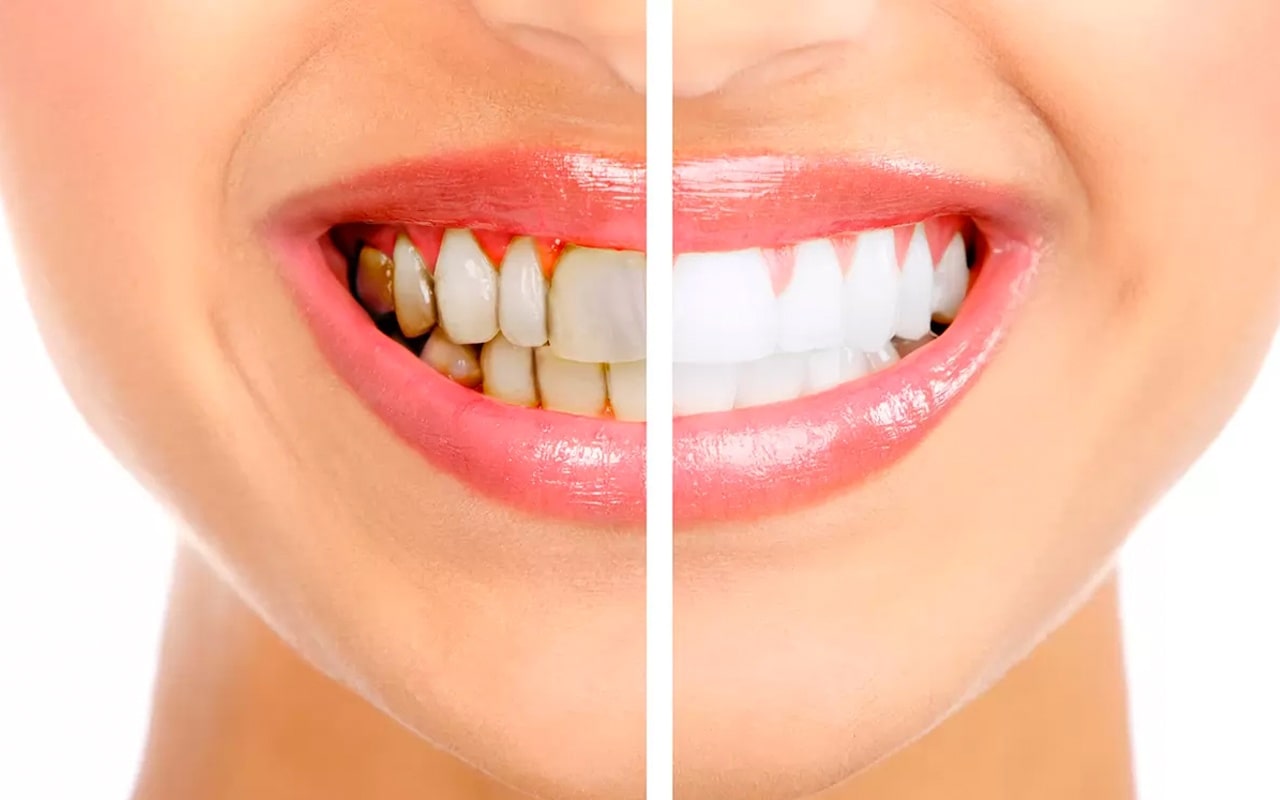Information About Teeth Cleaning
Every food consumed during the day causes acidic reactions in the mouth and leaves residues on the teeth. As a result, bacterial plaques form on the teeth. As a result of regular brushing of the teeth, bacterial plaques can be cleaned, the acidic pH formed in the mouth can be neutralized, and the food residues left in the mouth and teeth can be removed. If the teeth are not brushed regularly and floss is not used, the bacterial plaques on the teeth can stay for a long time and cause dental caries that can damage the tooth enamel.
As a result of the hardening of some of the bacterial plaques, hard calculus forms that cannot be removed by normal tooth brushing. Yellow or brownish tartar formed on the teeth as a result of the hardening of bacterial plaques can be cleaned by dentists using special equipment.
How Is Teeth Cleaning Performed?
Various tools are used to clean the plaque on the tooth surface of the patient who is deemed suitable for tartar cleaning. Thanks to the tools that do not harm the tooth enamel, the plaques that cover the surface of the tooth are cleaned. After scaling, a smooth and clean tooth surface is obtained.
If necessary, applications for whitening and polishing teeth can also be performed in patients who have plaque cleaning. Teeth cleaning has an important role in preventing problems such as gingivitis, gingival recession and even tooth loss.
Even if oral and dental care is done correctly and regularly, some minerals contained in foods and saliva can cause a recurrence of tartar formation between 6 months and 1 year.
The first step in calculus cleaning is usually the use of ultrasonic devices. In this way, dental stones are cracked by vibration. With this process, after the removal of large tartar from the teeth, the spilled layers are cleaned by spraying water into the mouth.
Then, small tartars are cleaned using fine instruments. Processing continues until all of the tartar in the curved parts of the teeth and between the teeth is removed. After the tartar is completely cleaned, the scaling process ends with the application of tooth polish or toothpaste containing fluoride.
Things to Consider After Teeth Cleaning
Do not eat or drink anything for the first 2 hours after tartar cleaning. Consumption of hot and cold foods and beverages should be avoided in the first 24 hours.
It is considered normal to have a slight tingling in the teeth in the first few days after scaling and even to feel sensitive to heat and cold. Applying ice compresses can be an effective solution to eliminate possible swelling. The comfort of the patient can be increased by prescribing simple painkillers to relieve mild severe pain felt in the first days after scaling.
It is very important for the patient to pay attention to oral and dental care after tartar cleaning. In the early post-treatment period, the dental cleaning process may cause some discomfort for the patient. However, it is very important to pay attention to brushing and flossing the teeth.
There is a risk of light bleeding in the first days following tartar cleaning. In this process, the use of antiseptic mouthwashes may be beneficial. Some wobble may occur in the teeth after tartar cleaning in people who have dense calculus or have gum disease in the future.
Dentist checks should not be interrupted every 6 months after scaling cleaning. If the dentist deems it necessary, it may be necessary to repeat the tartar cleaning process.
Get Free Quote:
If you want to get detailed information about our dental treatments, you can contact us by filling out our consultation form or you can get information directly from our whatsapp line : +905443480787. Our doctors will plan the most appropriate treatment for you and provide detailed information.

